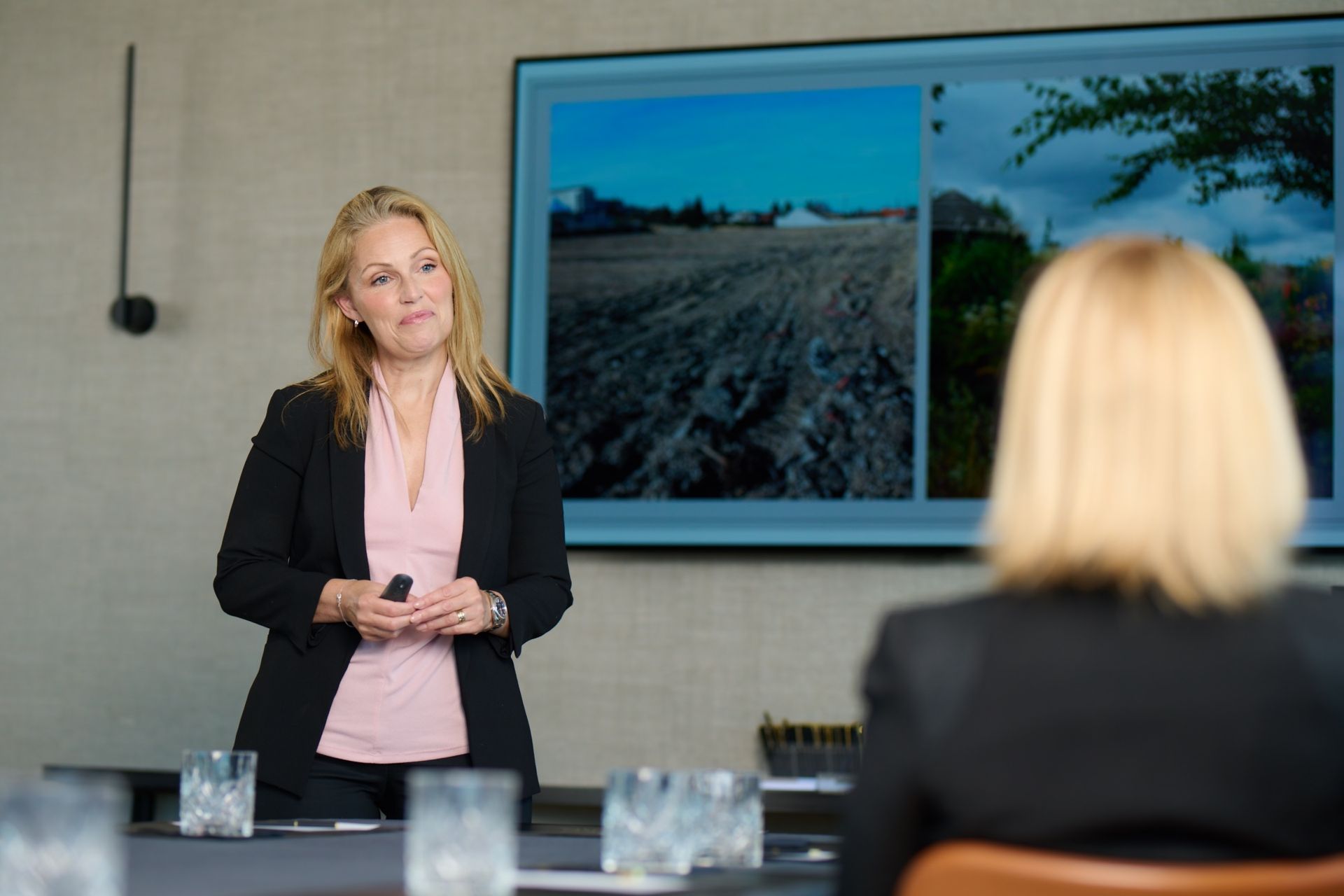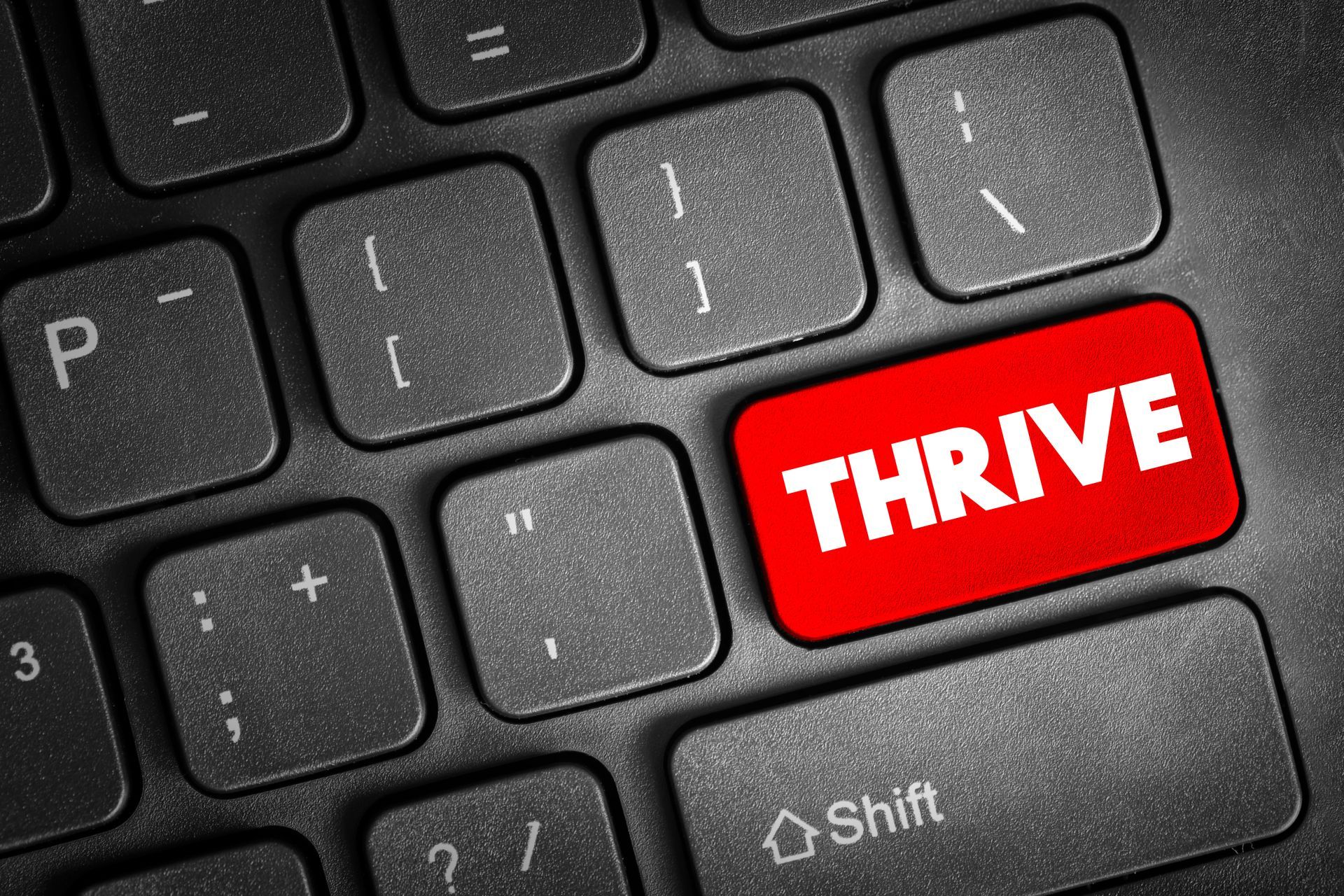If I were to ask you what you truly want, you might respond that you want to succeed in life, in your studies, and at work.
If I then ask you, succeed how, you might struggle to provide a clear answer.
We all want to succeed, but we might not have defined what that success looks like. We all want to be happy, yet we often find it difficult to describe what happiness entails. One of the reasons for this is that we haven't been educated about the power of our minds and we haven't been trained to manage ourselves in a holistic manner.
Thrive to Perform &
Perform to Thrive
A unique leadership and well-being development program inspired by positive psychology, focusing on the essential aspects of life and leadership. Tailored for emerging, established, and senior leaders.
Self-awareness + Self-management + Social awareness + Social influence
(Goleman 2007)
= Fulfilled individuals and exceptional performance.
This unique mental fitness program aims to enhance your self-awareness and self-management, enabling you to adopt new habits for life. Inspired by Seligman's PERMAV model (Seligman 2011), Goleman's theory on the benefits of increased emotional intelligence (Goleman 2007), and Luthans' concept of PsyCap (HERO) (Luthans 2012), it invites you to explore ways to cultivate your mental well-being and achieve optimal functioning at work and in life. Simultaneously, scientifically validated coaching and leadership development models will be addressed, such as GROW, DiSC, situational leadership, limiting beliefs, ABCDEF, to name a few.
- Learning Objectives:
- Identify my preferred behaviors and differentiate between innate and learned aspects of my leadership style.
- Establish a personal mental fitness routine for life and overcome some of my limiting beliefs.
- Integrate the importance of physical activity and health.
- Identify my key survival mechanisms and develop resilience.
- Draft my personal mission statement and leadership development plan (3-5 years).
Expected Outcomes:
The 14 Fundamentals of Happiness according to Fordyce
In addition to the conclusions upon which this program is based, the effectiveness of positive psychology interventions has also been proven by Michael Fordyce (1977, 1983), whose study revealed that certain students participating in a well-being development project achieved more happiness through the fourteen fundamentals of happiness psychology.
Example of a Higher Education Program
Contribute to our research on thriving and multidimensional well-being! whether you're from higher education or a multinational, you insights matter.Take part in our thriving questionnaire now : click here








